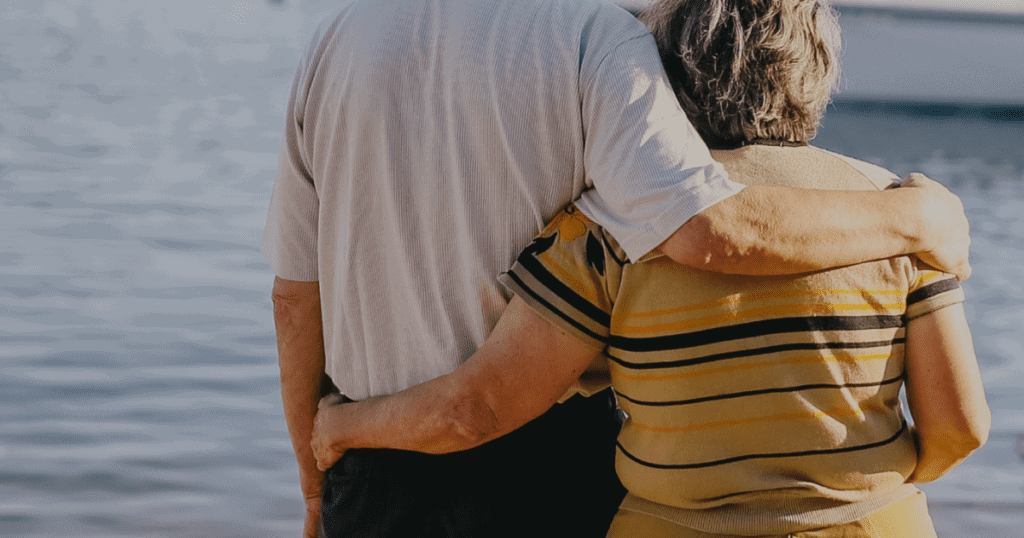Times when Moxiam could have made a difference
Everyone who is a carer for someone who is living with some form of dementia has probably experienced situations when they wished they had understood more, and sooner. Initially it can be difficult to understand when a person is suffering with dementia. Initially everything is more or less normal – the person conceals their worsening memory. This was the situation faced by Frida, aged 30.
“Grandmother tries to hide the fact that she forgot something”
Everything seemed normal when she called in to see her grandmother, who lived together with her husband. But when Frida asks where her grandfather is, her grandmother says that he’s not home. Frida has a coffee with her grandmother and they play a board game. After a while, sounds are heard upstairs. Frida’s grandmother wonders what it can be. It turns out to be grandfather, who is on his way down after taking his usual afternoon nap. Grandmother tries to conceal the fact that she forgot that he was at home.
“With Moxiam, we’d have noticed sooner that things had changed”
Initially it was just trivial, but then more situations occurred because of the dementia. It could no longer be concealed, and the person who suffered was Frida’s grandfather, a man whom her grandmother no longer recognised. If they’d had Moxiam available then, their situation might have been different, they would probably have noticed much sooner that things had changed and discovered deviating behaviour. Carers would have been able to see the situation developing. Instead, things moved very quickly, and the first indications to carers that grandmother was suffering a form of dementia came when she no longer recognised grandfather.
How do you think that Moxiam could help the situation with your grandmother?
What I think would have given us more peace of mind is that we’d have noticed much sooner and at an earlier stage when the dementia was taking hold, and not experienced strange situations that were stressful for both carers and my grandfather. There were occasions, when grandmother had gone out walking in the middle of the night, that weren’t very nice for us as carers, as we were extremely worried.
Would it have helped your grandfather?
It would definitely have helped my grandfather, as we’d have had quicker communication about when things were actually happening, and not had it recounted after the event. We’d have been able to deploy resources much sooner, when instead there were attempts to conceal a lot of things.
Would she have been able to answer the phone when you called her? That doesn’t guarantee that you would have needed to go to her home anyway?
She would definitely have answered the phone, we had a good relationship and a good basic grasp of technology, and responded to situations. We’d have been able to phone her, for example if we saw that the front door had been left open for an unusually long time, and gone over there to support grandfather if she didn’t answer the phone.
For more information about dementia – click here.

Frida, 30 years

